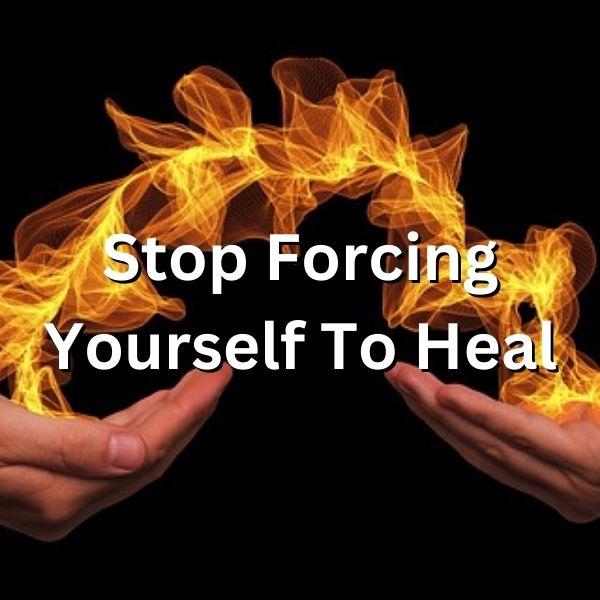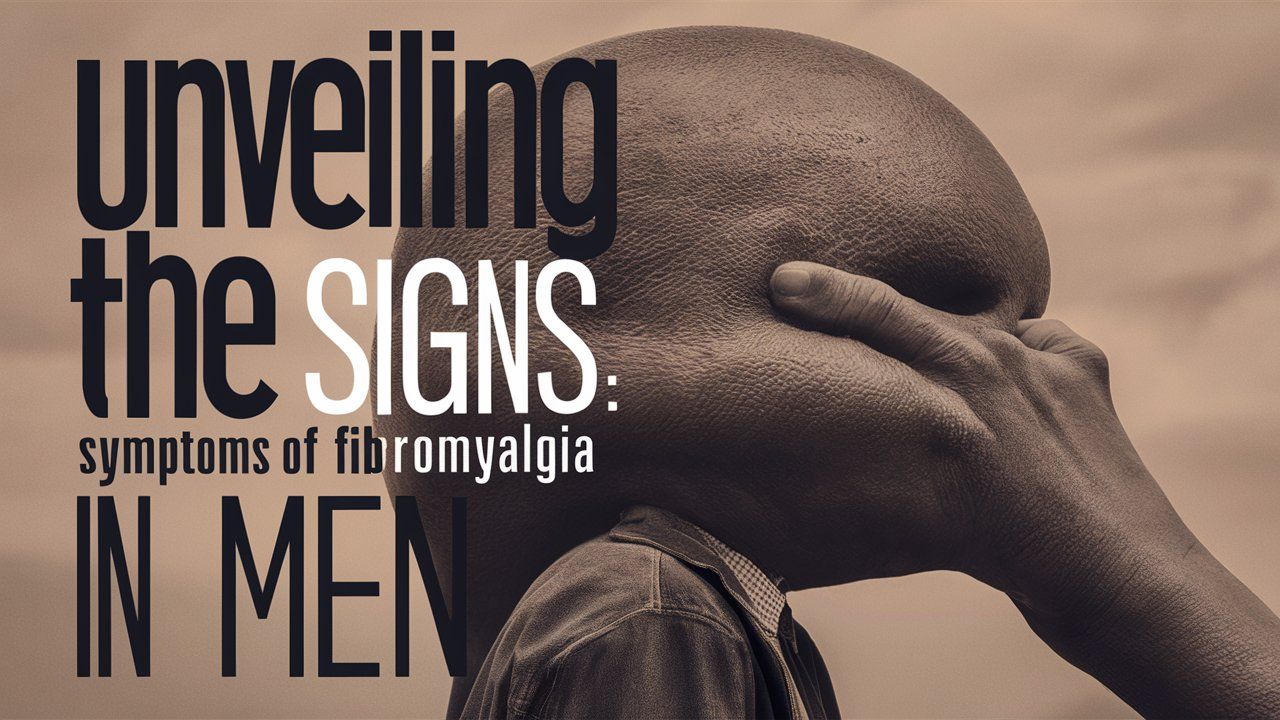 We’ve all been there, feeling broken, wounded and in pain, and desperately wanting to heal. We want to put the pieces of our shattered lives back together, and move on. But the reality is, healing is not something that can be forced. It’s a journey that requires patience, self-compassion, and most importantly, the understanding that healing is not a linear process.
We’ve all been there, feeling broken, wounded and in pain, and desperately wanting to heal. We want to put the pieces of our shattered lives back together, and move on. But the reality is, healing is not something that can be forced. It’s a journey that requires patience, self-compassion, and most importantly, the understanding that healing is not a linear process.
Many of us tend to put a lot of pressure on ourselves to “heal” as soon as possible. We want to be over our pain, our grief, our trauma. We want to be able to move on and forget about the past. But, healing is not something that can be rushed or forced. It is a process that takes time, and it is different for everyone.
It’s important to understand that healing doesn’t always mean feeling better or forgetting about what happened. Healing is not about erasing the past, but about learning to live with it and integrate it into our lives. It’s about learning to find meaning and purpose in our pain and suffering, and using it to grow and become a stronger and more resilient person.
 One of the most important things to remember when it comes to healing is to be kind and compassionate towards yourself. It’s easy to fall into the trap of self-criticism and blame, but this will only prolong the healing process. Instead, try to practice self-compassion. Be gentle with yourself, and remember that it’s okay to not be okay. Allow yourself to feel your feelings and don’t suppress them.
One of the most important things to remember when it comes to healing is to be kind and compassionate towards yourself. It’s easy to fall into the trap of self-criticism and blame, but this will only prolong the healing process. Instead, try to practice self-compassion. Be gentle with yourself, and remember that it’s okay to not be okay. Allow yourself to feel your feelings and don’t suppress them.
Another important aspect of healing is to surround yourself with supportive people. This can be friends, family, or a therapist. It’s important to have people in your life who will listen to you, understand you and support you in your healing journey. They can provide a safe space for you to talk about your feelings and experiences, and help you to process and make sense of them.
It’s also important to take care of yourself physically, emotionally, and mentally. Eat well, get enough sleep, exercise, and make time for self-care activities that make you feel good. This can be anything from taking a relaxing bath, to reading a book, to going for a walk in nature. It’s essential to give your body and mind the proper care and attention they need to heal.

Additionally, it’s important to be open to different ways of healing. Healing can come in many forms and it’s essential to be open-minded and experiment with different methods. This can include traditional therapy, meditation, yoga, journaling, art therapy, and many others. It’s important to find what works for you and make it a regular practice in your healing journey.
Lastly, it’s important to understand that healing is a lifelong journey. It’s not something that happens overnight, and it’s not something that ever truly ends. It’s a continuous process of growth and self-discovery. It’s about learning to live with our pain, rather than trying to eliminate it. And, it’s about understanding that life is not always easy, but it’s always worth it.
 In conclusion, healing is not something that can be forced. It’s a journey that requires patience, self-compassion, and understanding that healing is not a linear process. It’s important to be kind to yourself, surround yourself with supportive people, take care of yourself physically, emotionally and mentally, and be open to different ways of healing. Remember that healing is a lifelong journey, and it’s about learning to live with our pain and using it to grow and become a stronger and more resilient person.
In conclusion, healing is not something that can be forced. It’s a journey that requires patience, self-compassion, and understanding that healing is not a linear process. It’s important to be kind to yourself, surround yourself with supportive people, take care of yourself physically, emotionally and mentally, and be open to different ways of healing. Remember that healing is a lifelong journey, and it’s about learning to live with our pain and using it to grow and become a stronger and more resilient person.



